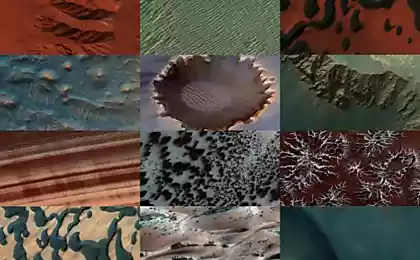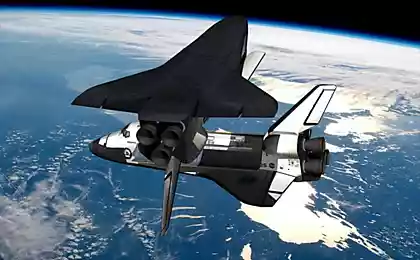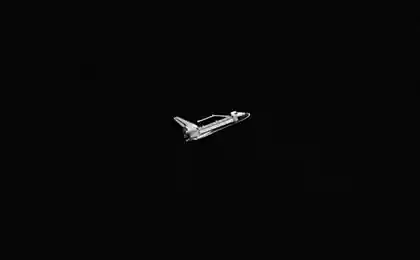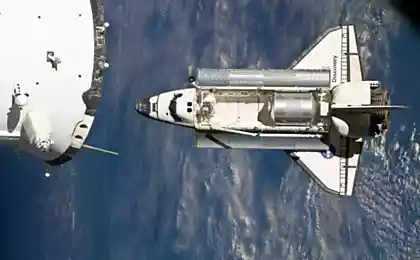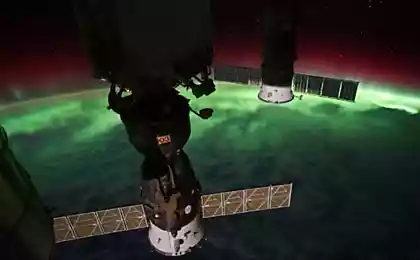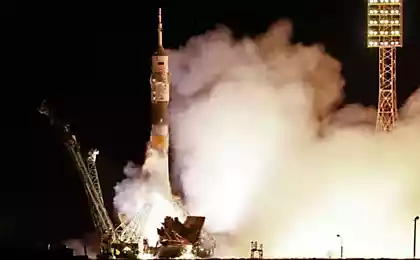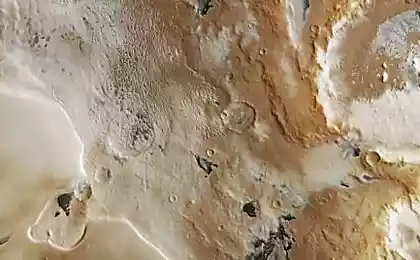1049
NASA successfully tested the lander Morpheus in the dark on rocky terrain
The aim of the project Morpheus - automatic creation of a module for a soft landing on the surface of other planets in difficult conditions. The key subsystem module, Autonomous Landing Hazard Avoidance Technology (ALHAT), using three LIDAR is a safe place to land where there are no large boulders and pits, and carefully ground the unit to a selected site. Specially designed for testing Morpheus area dotted with craters and boulders of various sizes.
May 28 passed the first night flight apparatus. In general, this is the fourteenth test airfield Morpheus. Unit rose to a height of 244 meters and using the system ALHAT in fully autonomous mode, chose the site for planting and landed. The flight lasted 98 seconds. Previous tests Morpheus took place in the daytime. Here is another video of the flight, shot from a different angle:
In NASA hopes that the technology worked out with the help of Morpheus, in the future will not only go to the planets, moons and asteroids of the solar system, automatic research modules, but also perform manned missions. Engines module running on liquid oxygen and methane. Theoretically, in the long expedition to the people on board both of these components may be a byproduct of life support systems and waste disposal. In addition, oxygen and methane - cheap and environmentally friendly fuel, which allows for flight tests on the ground is much cheaper and safer.
Source: habrahabr.ru/post/224949/
May 28 passed the first night flight apparatus. In general, this is the fourteenth test airfield Morpheus. Unit rose to a height of 244 meters and using the system ALHAT in fully autonomous mode, chose the site for planting and landed. The flight lasted 98 seconds. Previous tests Morpheus took place in the daytime. Here is another video of the flight, shot from a different angle:
In NASA hopes that the technology worked out with the help of Morpheus, in the future will not only go to the planets, moons and asteroids of the solar system, automatic research modules, but also perform manned missions. Engines module running on liquid oxygen and methane. Theoretically, in the long expedition to the people on board both of these components may be a byproduct of life support systems and waste disposal. In addition, oxygen and methane - cheap and environmentally friendly fuel, which allows for flight tests on the ground is much cheaper and safer.
Source: habrahabr.ru/post/224949/
